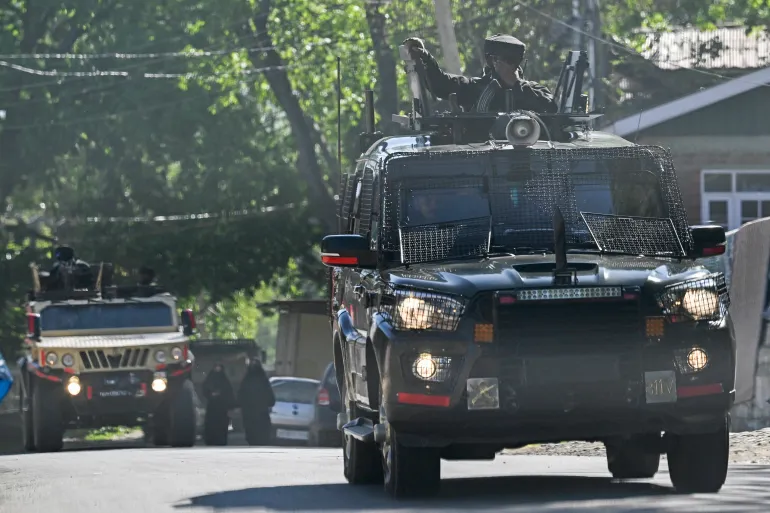
On April 29, 2025, Pakistan’s Information Minister, Attaullah Tarar, announced that Islamabad possesses “credible intelligence” indicating India may launch a military strike within the next 24 to 36 hours. This warning follows a deadly attack in Indian-administered Kashmir, where 26 tourists were killed—a tragedy India attributes to Pakistani-linked militants. Tarar accused India of using the incident as a pretext for potential aggression and cautioned that any act of hostility would be met with a decisive response, holding India accountable for any regional consequences.
Pakistan’s Defence Minister, Khawaja Muhammad Asif, echoed these concerns, stating that a military incursion by India appears imminent. He emphasized that while Pakistan is on high alert, nuclear weapons would only be employed if there is a direct threat to the nation’s existence.
In the wake of the Pahalgam attack, both nations have engaged in retaliatory measures. India has suspended its participation in the Indus Waters Treaty and revoked visas for Pakistani nationals, while Pakistan has closed its airspace to Indian airlines and expelled Indian diplomats. Skirmishes have also been reported along the Line of Control (LoC), the de facto border in the disputed Kashmir region.
The international community has expressed concern over the escalating situation. The United States has urged both countries to seek a “responsible solution,” with Secretary of State Marco Rubio engaging in discussions with the foreign ministers of India and Pakistan. United Nations Secretary-General António Guterres has also communicated with leaders from both nations, advocating for de-escalation and restraint.
As tensions mount, the region and the world watch closely, hoping for diplomatic efforts to prevent further escalation between the two nuclear-armed neighbors.
Source: Al Jazeera



